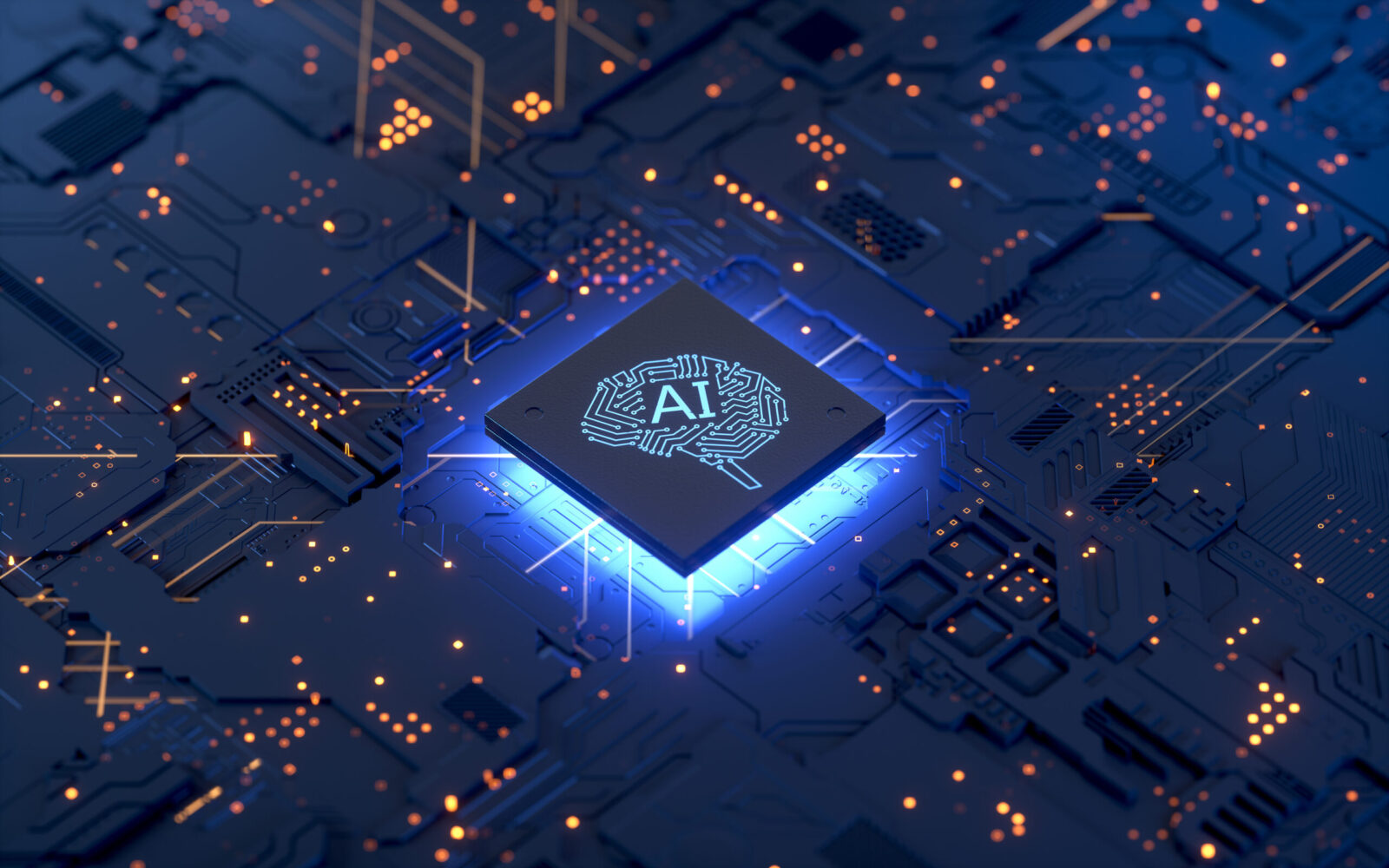Can Artificial Intelligence Hold Copyright or Patents?
Should AI get legal credit for what it generates? On this episode of Mind Matters from the archive, host Robert J. Marks welcomes attorney and author Richard Stevens to discuss the concept of legal neutrality for artificial intelligence (AI) and its implications for copyright and patent law. Stevens explains that AI is a tool created and controlled by humans, and therefore should not be granted legal personhood or special treatment under the law. He argues that AI-generated works should be treated the same as works created by humans, and that the focus should be on the expression of ideas rather than the process by which they were created. Stevens also addresses the issue of copyright infringement and the challenges of proving originality and independent creation in cases involving AI-generated works. Overall, the conversation highlights the need for clear legal frameworks that account for the role of AI in creative and innovative processes.
Additional Resources
- Richard Stevens at Discovery.org
- Ryan Abbott, THE REASONABLE ROBOT: ARTIFICIAL INTELLIGENCE AND THE LAW
- Mind Matters Podcasts:
- Can A Robot Hold A Patent?
- Should AI Be Granted Patents On The Designs It Helps Develop?
- Should AI Hold Patents? The Flash-Of-Genius Answer
- Why We Need To Stop Relying On Patents To Measure Innovation
- How Patent Law Has Changed For The Worse
- It’s AI Art — But Is That Really Art?
- When Should AI Art Be Protected By Copyright?
- Bingecast: Hal Philipp on Patents, Litigation, and Entrepreneurship
- Hal Phillip at Michigan Technological University
